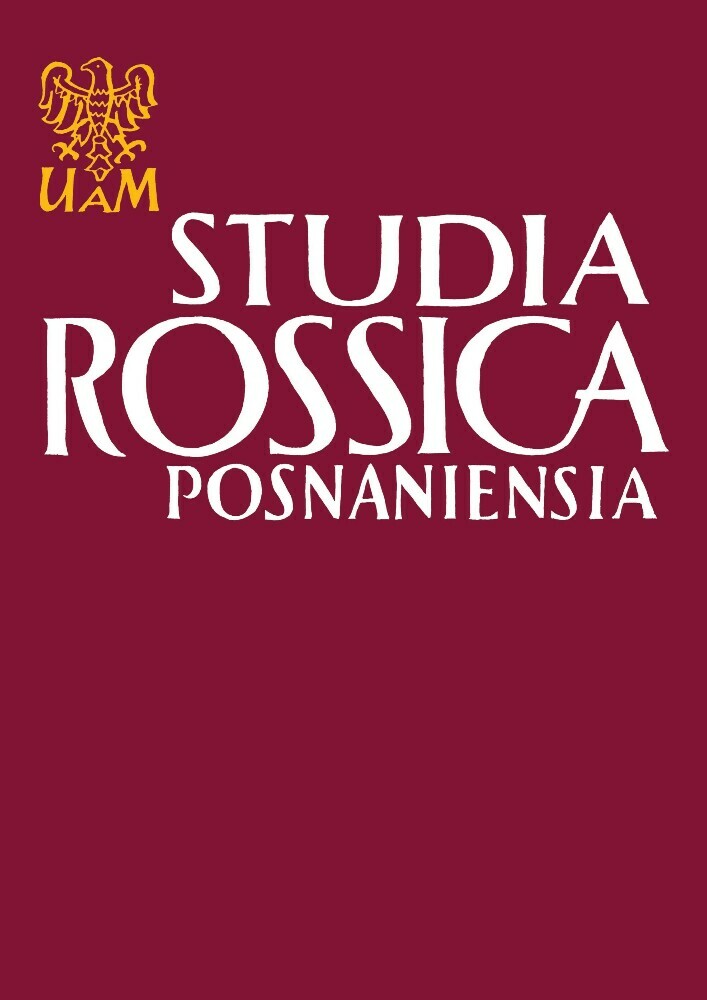Abstract
Changes in the life of a society influence the language system in general and the vocabulary development in particular. Development of lexical and phraseological system of the Russian language at the end of 20-th - beginning of 21-st century is very complicated and manysided. Word-combination “New Russians” appeared in the Russian language at the end of the 1980s and since the mid-1990s it has been used in newspapers and socio-political journalism. The article discloses the phraseological development of this language unit. Borrowed as a free wordcombination it has become an idiomatic expression with the entire meaning of “Russian entrepreneurs, businessmen who enriched themselves very quickly, but illegally”. National peculiarity of an idiomatic expression is obvious in negative connotation of its meaning. Semantic changes are one of the language innovations of our time. Widening its compatibility lexical unit “Russian” joins new structural and semantic relations and becomes idiomatic.License
Copyright
© 2006 Uniwersytet im. Adama Mickiewicza w Poznaniu
OPEN ACCESS
